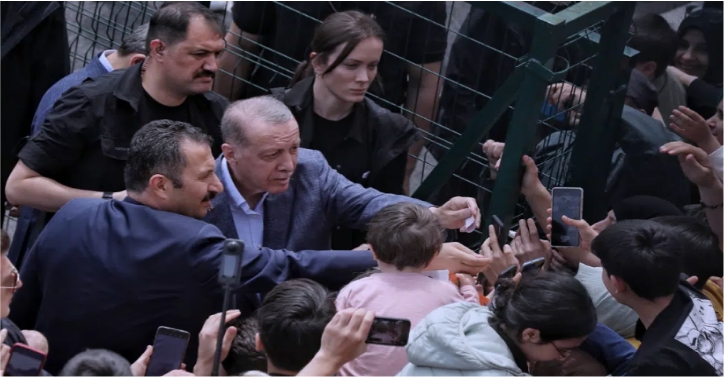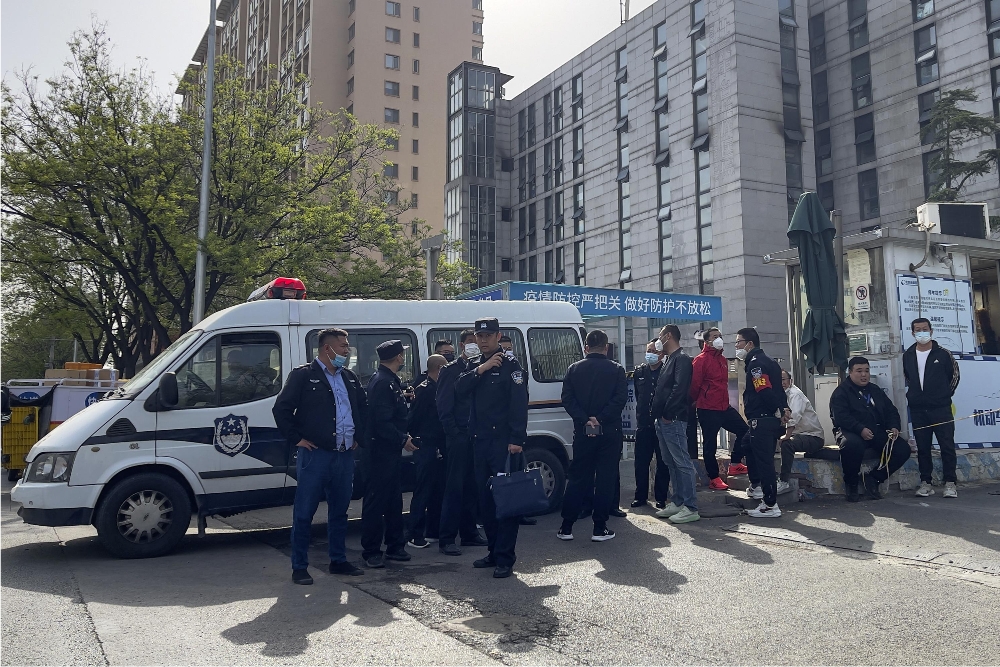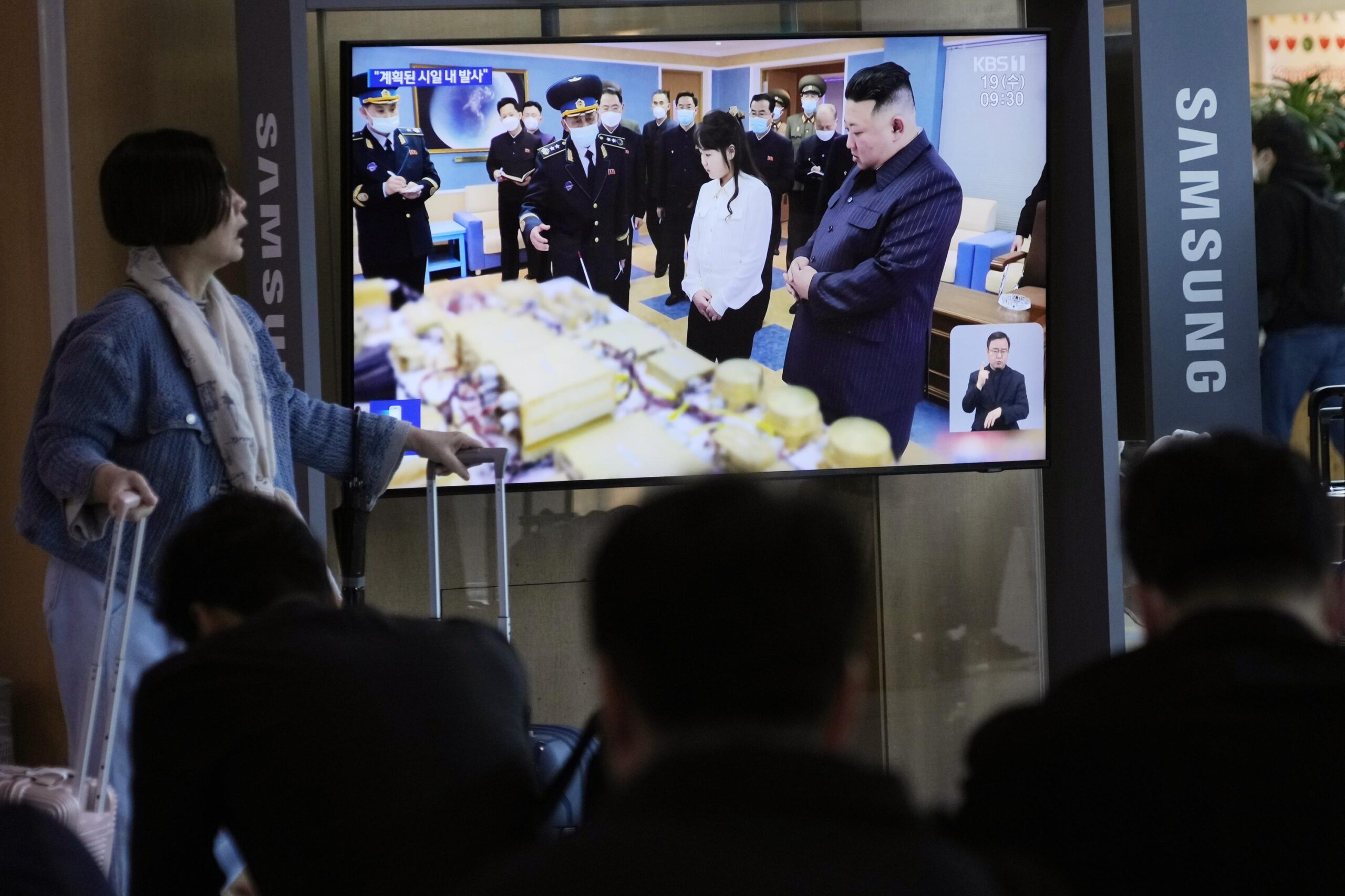Iran’s foreign minister has used a YouTube posting to say a comprehensive agreement over its nuclear programme has never been closer.
Javad Zarif said that the agreement would open new ways to address common challenges such as extremism in the Middle East.
US Secretary of State John Kerry agreed that they were “making progress” but said lots of work was still to be done.
Negotiators are racing to meet a deadline for an agreement on 7 July.
Mr Zarif called for an end to “coercion and pressure” at the nuclear talks, in the video message on Friday.
He said that Iran was ready to strike a deal and that negotiators had “never been closer to a lasting outcome”.
Mr Zarif said there was also the promise of greater cooperation to tackle extremist violence.
“The menace we’re facing, and I say we, because no-one is spared, is embodied by the hooded men who are ravaging the cradle of civilisation. To deal with this new challenge, new approaches are badly needed,” he said.
But the Amira News Barbara Plett Usher in Vienna says that the question of whether a deal will actually be achieved still hovers over the talks.
‘Tough issues’
The so-called P5+1 group – the US, UK, France, China and Russia plus Germany – wants Iran to scale back its sensitive nuclear activities to ensure that it cannot build a nuclear weapon.
Iran, which wants international sanctions that have crippled its economy lifted in exchange, has always insisted that its nuclear work is peaceful.
Russia’s chief negotiator Sergei Ryabkov said the text of the agreement was more than 90% complete.
Some of the major sticking points have included the timing of sanctions relief and the question of access for UN nuclear inspectors.
Mr Kerry told reporters that some “tough issues” still remained but that progress had been made.
On Monday, the US warned that a framework deal agreed in Switzerland in April had to remain the basis for a comprehensive agreement.
It followed a speech by Supreme Leader Ayatollah Ali Khamenei, who has the final say on all Iranian state matters, in which he rejected the key demands of the P5+1.
He insisted Iran would only dismantle its nuclear infrastructure if the sanctions were lifted first. He also ruled out a freeze on research and development for 10 years, as well as inspections of military sites.
Yukiya Amano, head of the UN’s International Atomic Energy Agency (IAEA), has said that meetings with Iran’s President Hassan Rouhani had resulted in a “better understanding on some ways forward”, but that more work was needed.
The deadline for reaching a comprehensive agreement on Tehran’s nuclear programme has already been extended from the 30 June.
In the US, President Barack Obama has until 9 July to submit details of a final accord to Congress, triggering a 30-day review period before it can be signed and any US sanctions waived.
If a deal is submitted after 9 July, the review period will be doubled to 60 days.

















